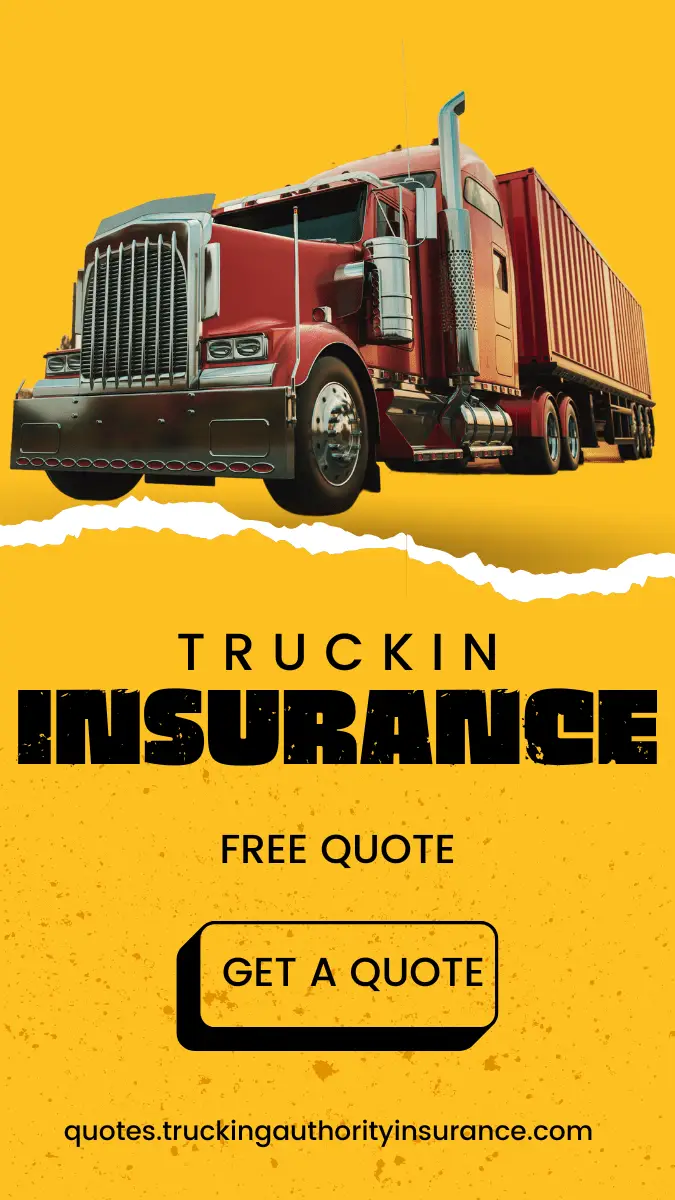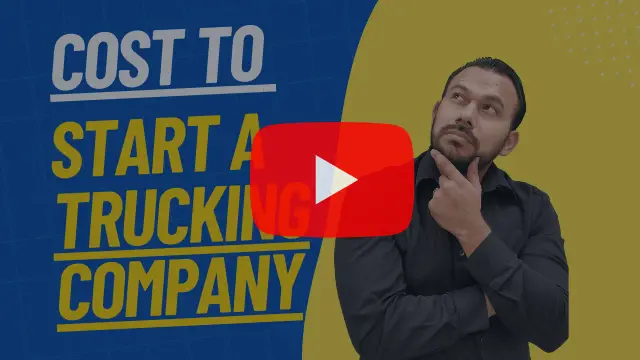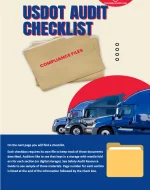Starting a freight brokerage business offers a rewarding path within the dynamic logistics industry. However, successfully obtaining your Freight Broker Authority stands as a pivotal initial step. This process involves navigating specific federal requirements, preparing essential documentation, and securing appropriate insurance.
Understanding Freight Broker Authority: Its Purpose and Importance
Freight Broker Authority, also recognized as Operating Authority, is the legal permission granted by the Federal Motor Carrier Safety Administration (FMCSA). This authority empowers you to legally arrange the transportation of cargo between shippers and motor carriers. Without this crucial authorization, several limitations and risks arise:
- You are legally prohibited from brokering loads.
- Most reputable carriers and shippers will decline to engage in business with you.
- Non-compliance can result in severe consequences, including significant fines or even business shutdowns.
To delve deeper into the specifics, you can visit the FMCSA website.
Step-by-Step Guide to Obtaining Your Freight Broker Authority
Let’s meticulously break down the essential steps required to secure your Freight Broker Authority.
1. Establishing a Legal Business Entity
Before proceeding with any other formal applications, it is paramount to establish a legal business structure. Most aspiring freight brokers opt for one of the following structures:
- LLC (Limited Liability Company): This structure offers a balance of personal liability protection and operational flexibility.
- Corporation (S-Corp or C-Corp): Corporations provide robust liability protection and can be advantageous for businesses planning significant growth or seeking external investment.
This legal framework is crucial for limiting personal liability and is a prerequisite for obtaining a Tax ID (EIN) and securing necessary insurance policies. Furthermore, forming a proper business entity sets the foundation for your new venture. If you require assistance, our LLC for Trucking Company Guide can provide valuable insights.
2. Applying for a USDOT Number (Optional for Brokers)
While a USDOT number is typically not a mandatory requirement for freight brokers unless they operate commercial vehicles, there are specific scenarios where it might be necessary. For instance, if your brokerage also intends to operate a fleet of trucks, a USDOT number becomes essential. Conversely, if your business solely focuses on brokering, it may not be required. Therefore, if you are uncertain about whether a USDOT number is applicable to your unique business model, it is highly recommended to consult with our experts. We can help you determine the precise requirements for your operations.
3. Submitting Your OP-1 Application with FMCSA
A critical step in obtaining your Freight Broker Authority involves filing Form OP-1 with the FMCSA. During this application process, you will select the type of brokerage authority you are seeking:
- Broker of Property: This is the most common authority for those dealing with general freight.
- Broker of Household Goods: This specialized niche caters specifically to the transportation of personal belongings.
The FMCSA typically processes this application within 4 to 6 weeks. However, by ensuring all other supporting documentation is submitted accurately and promptly, you can potentially expedite certain aspects of the approval timeline. Therefore, careful preparation is key.
4. Securing Your $75,000 Surety Bond (BMC-84) or Trust Fund (BMC-85)
To officially activate your Freight Broker Authority, you are legally obligated to file one of the following financial instruments:
- BMC-84: A $75,000 surety bond. This bond is backed by an insurance company and serves as a financial guarantee.
- BMC-85: A trust fund. With this option, you deposit $75,000 into a trust account yourself.
This bond or trust fund is designed to protect motor carriers in the event of non-payment by the broker. Consequently, it is a mandatory requirement for FMCSA approval. Most new brokers typically opt for the BMC-84 due to its greater flexibility and lower upfront cash requirement. To learn more about the BMC-84 requirement, you can visit FMCSA.gov.
5. Designating a Process Agent (BOC-3 Filing)
Every freight broker must file a BOC-3, which stands for “Designation of Process Agents,” with the FMCSA. This crucial filing appoints a legal representative in each state where you intend to conduct business. These agents are authorized to receive legal documents on your behalf. Additionally, this ensures that legal notices can be served promptly and efficiently across various jurisdictions. Our experienced team can file the BOC-3 on your behalf, often within a few hours, streamlining this vital step. For more information, explore our BOC-3 Filing Services.
6. Obtaining Proper Insurance (Beyond the Mandated Bond)
While the $75,000 surety bond (BMC-84 or BMC-85) is the only federally mandated financial protection for freight brokers, it is crucial to understand that most shippers will demand proof of additional insurance coverage before entrusting you with their freight. Therefore, securing the right insurance is not merely a formality but a critical business necessity.
Here are the most common types of insurance policies recommended for freight brokers:
- Contingent Auto Liability Insurance: This policy provides coverage if a motor carrier’s primary auto liability insurance fails to respond to a claim. It acts as a safety net, protecting you and the shipper.
- Contingent Cargo Insurance: Similarly, this insurance protects you if the motor carrier’s cargo coverage is denied, ensuring that the shipper’s goods are safeguarded against loss or damage. This is vital for maintaining shipper confidence.
- General Liability Insurance: This broad coverage protects against claims of bodily injury, property damage, and legal expenses that are not related to truck accidents. For example, it could cover a slip and fall at your office.
These insurances are not only a strong sign of professionalism but also frequently a strict requirement in many broker-carrier contracts and shipper agreements. Consequently, having comprehensive coverage can significantly enhance your business opportunities.
7. Registering for the Unified Carrier Registration (UCR)
Even as a freight broker, you are required to register annually under the Unified Carrier Registration (UCR) program. This program helps states fund safety enforcement and highway administration programs. You can complete the registration process online independently. Alternatively, our team can handle it for you, thereby helping to prevent common errors and ensuring timely compliance. Learn more about our UCR Registration Services.
8. Setting Up Your Freight Brokerage Office and Tools
To operate your freight brokerage business effectively and efficiently, you will need a robust infrastructure of tools and systems. These are essential for managing loads, communicating with carriers and shippers, and maintaining accurate records.
Key operational components include:
- Load Board Subscriptions: Platforms like DAT and Truckstop are indispensable for finding available loads and connecting with carriers.
- Transportation Management Software (TMS): A TMS helps streamline various aspects of your operations, from dispatch and invoicing to tracking and reporting.
- A Company Website and Professional Email: These are crucial for establishing a professional online presence and for effective communication with clients and partners.
- Recordkeeping Systems: Robust systems are vital for maintaining accurate financial records, compliance documents, and operational data.
Our experienced team can provide guidance on setting up your brokerage systems correctly from day one. This ensures you build a solid foundation for your business.
How Long Does It Take to Get Freight Broker Authority Approved?
Once all required forms are filed and both the bond and BOC-3 are successfully in place, the FMCSA mandates a minimum 10-day vetting period. On average, most brokers receive their full Freight Broker Authority approval within 3 to 6 weeks. However, this timeline can vary depending on the accuracy and completeness of your submissions.
Avoiding Common Mistakes in Obtaining Freight Broker Authority
Navigating the process of obtaining your Freight Broker Authority can be complex, and certain missteps can lead to delays or even outright rejection. Therefore, it is crucial to be aware of and actively avoid these common mistakes:
- Forgetting to file the BOC-3: This is a mandatory requirement, and overlooking it will prevent your authority from becoming active.
- Submitting an incomplete OP-1 application: Any missing information or errors can significantly delay processing.
- Not securing a bond before the FMCSA deadline: The surety bond (BMC-84) or trust fund (BMC-85) must be on file for your authority to be granted.
- Failing to obtain recommended insurance policies: While not federally mandated, most shippers require these, making them essential for doing business.
- Missing your annual UCR renewal: The Unified Carrier Registration must be renewed annually to maintain compliance.
Need Help Obtaining Your Permits?
Get Your Trucking Authority Today!
We Can Help Setup Your USDOT & MC Number.
Speak With Our Experienced Permit Professionals That Can Help You Every Step Of The Way.
Call Us Today! Live Agents Are Standing By.
Allow our team of professionals to assist you in avoiding these potentially costly mistakes, ensuring a smoother path to obtaining your authority.
Trucking Authority Services
Our Additional Services
We offer a comprehensive range of services designed to support both your trucking and brokerage business, streamlining compliance and operational efficiency.
MC Number Application:
This is absolutely mandatory for activating your Freight Broker Authority, enabling interstate operations.
BOC-3 Filing:
This is a crucial requirement for designating legal agents in every state where you operate, ensuring proper legal representation.
Unified Carrier Registration (UCR):
We ensure your compliance with annual UCR registration, which is essential for interstate operations.
Freight Broker Insurance Guidance:
We provide expert assistance in securing essential policies such as contingent auto liability, contingent cargo, and general liability insurance.
Form 2290 Filing:
We help you meet IRS Heavy Vehicle Use Tax (HVUT) requirements, which is crucial for heavy vehicle owners.
IFTA and IRP Registration:
These services are vital for carriers, simplifying fuel tax reporting and multi-state vehicle registration.
Business Formation Services
Starting a new business requires careful planning and legal setup. We offer comprehensive services to help you establish your trucking enterprise on a solid foundation.
New Business Setup:
We provide assistance with forming various business structures, including corporations, LLCs, or partnerships, tailored specifically to your trucking business needs. Learn more in our LLC for Trucking Company Guide.
State-Specific Permits
Navigating state-specific regulations can be complex. Our services simplify the process of obtaining necessary permits and understanding unique state requirements.
State Intrastate Authority:
This includes obtaining necessary permits and understanding specific state requirements for operating within a single state.
State IFTA Registration:
We simplify fuel tax reporting for carriers operating in multiple states, including those based in South Carolina.
State Apportioned Registration (IRP):
This service facilitates multi-state vehicle registration for commercial vehicles, ensuring compliance across jurisdictions.
Explore our complete range of services here: Trucking Authority and Permit Services.
Next Steps to Launch Your Freight Brokerage
Successfully obtaining your Freight Broker Authority forms the cornerstone of your logistics business. From managing complex paperwork and securing the necessary bond to navigating insurance requirements and completing legal filings, there is a substantial amount to oversee. However, it is important to remember that you do not have to undertake this intricate process alone. Consequently, our team is here to assist you every step of the way.
Frequently Asked Questions (FAQs)
Why is Freight Broker Authority important?
Freight Broker Authority is crucial because it provides the legal permission from the FMCSA to arrange the transportation of cargo. Without it, you cannot legally operate as a freight broker, and most reputable companies will not work with you.
How much does it cost to get a freight broker bond?
The cost of a freight broker bond (BMC-84) is not a direct fee, but rather the premium you pay to an insurance company for the $75,000 guarantee. This premium varies based on factors like your credit score and the bonding company, and you will need to contact us for specific pricing.
What are the steps involved in obtaining Freight Broker Authority?
The steps generally involve establishing a business entity, applying for an MC Number (Broker Authority), securing a $75,000 surety bond (BMC-84) or trust fund (BMC-85), designating a process agent (BOC-3 filing), and registering for UCR.
Can I do this action on my own?
While it is possible to navigate the process of obtaining your Freight Broker Authority independently, it involves intricate federal regulations and specific filing requirements. Many brokers choose to work with experts to avoid common pitfalls, ensure compliance, and expedite the process.
What is a freight broker bond?
A freight broker bond (BMC-84) is a $75,000 financial guarantee that ensures payment to motor carriers in the event a broker fails to pay for services rendered. It is a mandatory requirement by the FMCSA.
Do I need insurance to operate as a broker?
Yes. While the $75,000 bond is the only federal financial requirement, most shippers and carriers expect freight brokers to carry additional insurance, such as contingent auto liability, contingent cargo, and general liability insurance.
What’s the difference between a freight broker and a freight forwarder?
A freight broker primarily arranges transportation between shippers and carriers and typically does not take possession of the goods. Conversely, a freight forwarder may handle, consolidate, and transport shipments, often taking possession of the goods.
Can I broker loads from home?
Absolutely. Many successful freight brokers initiate and manage their businesses from home offices, leveraging digital tools and virtual support to connect with clients and carriers.
How long is broker authority valid?
Your Freight Broker Authority remains active as long as you continuously maintain your surety bond or trust fund, keep your BOC-3 filing current, and renew your UCR registration annually.
Can I have both a freight broker and a carrier authority?
Yes, it is permissible to hold both freight broker and motor carrier authority. However, it is crucial that you maintain distinct operations and separate financial records for each authority to ensure compliance and avoid conflicts of interest.
Do I need a USDOT number as a freight broker?
Generally, a USDOT number is not required for freight brokers unless they also operate commercial motor vehicles. However, specific business models or state regulations might necessitate it. It’s best to confirm based on your unique situation.
What is BMC-85?
The BMC-85 is an alternative to the $75,000 surety bond (BMC-84). With a BMC-85, you are required to deposit $75,000 into a trust account. This option is less common for new brokers due to the significant upfront capital requirement.
How do I check the status of my FMCSA application?
You can conveniently check the status of your FMCSA application for Freight Broker Authority by visiting the FMCSA Licensing and Insurance portal.
What happens if my bond lapses?
If your freight broker bond lapses for any reason, the FMCSA will revoke your Freight Broker Authority. This means you will be unable to legally operate as a broker and would need to reapply for authority. Therefore, it is critical to ensure continuous bond coverage. Don’t risk it—consider using our compliance management services to avoid such disruptions.







